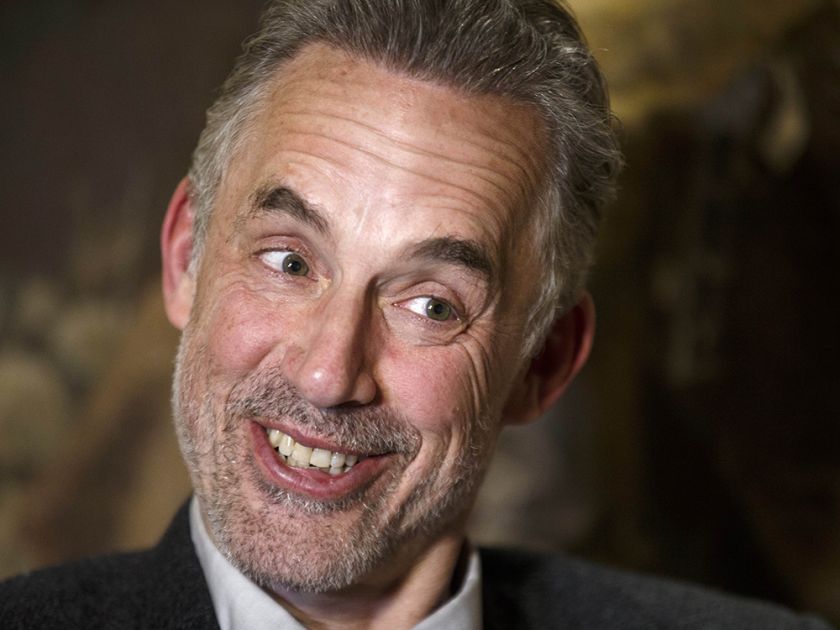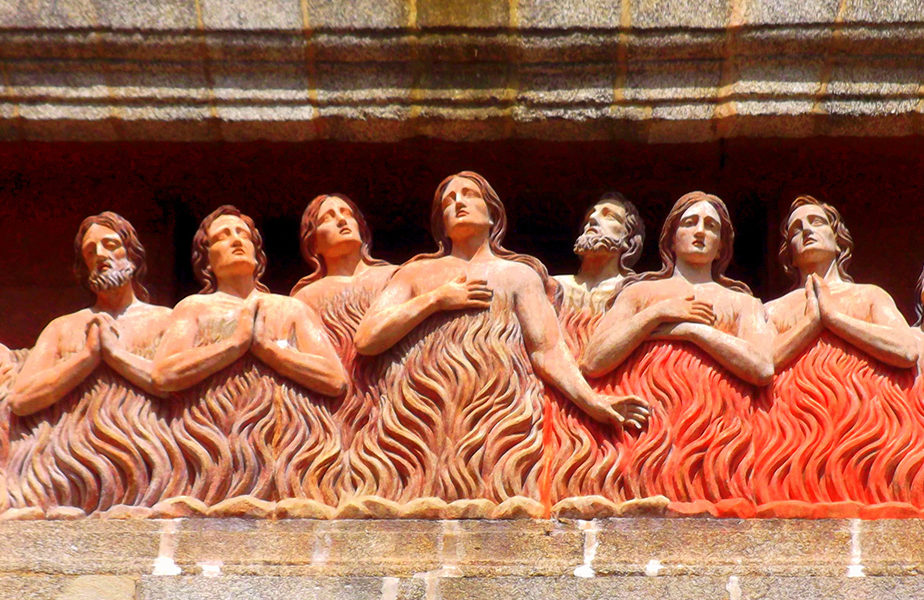Yesterday, on Wednesday the 12th of February 2020, I gave the eulogy at the funeral of my Father, Michael Anthony Peoples, usually known as Mick (1941-2020). He was 78.
It was one of the hardest things I’ve done, whether people could tell or not, but it was an honour to do so. I didn’t record it at the time. I had thought that I might, but at the time I was just focused on keeping it together and trying to help the service run smoothly, so it escaped my attention. It would have felt strange to record it now and share that recording. For those who would like to read what I said, I have reproduced it below. I hope it goes without saying that this was not a talk given to a room full of scholars, or even a sermon preached to my fellow parishioners (although I certainly took the opportunity to share some small insights in the short time I had). It was a talk given to Dad’s grieving family who had come to say goodbye, for now at least, by one of them. I share it here for those who wanted a copy of what I said, and for those who might have liked to attend but were not able (and for anyone who is curious).
I have not shared a photo of my father here, as I do not usually share photos of family in public places. My Facebook account is limited to my Facebook friends.
The eulogy was as follows.










